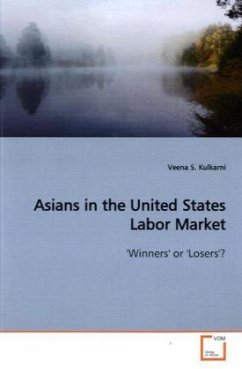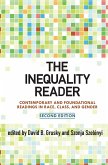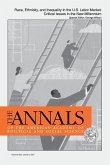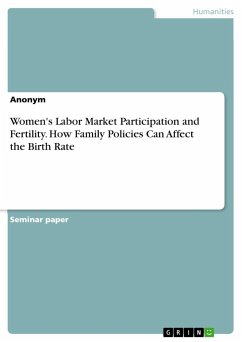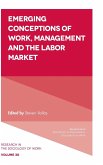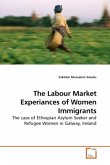This book examines employment, earnings, and income
of the six major foreign and native born Asian
groups, namely, Asian Indians, Chinese, Filipinos,
Japanese, Koreans, and the Vietnamese in the United
States for the year 2000. This research makes three
contributions. First, it provides an updated
analysis of employment and earning attainments of
Asian individuals disaggregated by countries of
origin, gender, and nativity status using the latest
available and most suitable data. Second, it
explores the use of a non-parametric technique,
namely reweighting, to assess the earning gaps
between Asians and whites. Third, it analyzes
intergroup variations in household income,
inclination to pool resources, and factors
associated with the likelihood of forming nuclear
living arrangements. The overall findings from this
research suggest that - at both the individual and
household levels, the differences between the
foreign born and the native born Asian groups are
more significant than the intergroup variations
among Asians.
of the six major foreign and native born Asian
groups, namely, Asian Indians, Chinese, Filipinos,
Japanese, Koreans, and the Vietnamese in the United
States for the year 2000. This research makes three
contributions. First, it provides an updated
analysis of employment and earning attainments of
Asian individuals disaggregated by countries of
origin, gender, and nativity status using the latest
available and most suitable data. Second, it
explores the use of a non-parametric technique,
namely reweighting, to assess the earning gaps
between Asians and whites. Third, it analyzes
intergroup variations in household income,
inclination to pool resources, and factors
associated with the likelihood of forming nuclear
living arrangements. The overall findings from this
research suggest that - at both the individual and
household levels, the differences between the
foreign born and the native born Asian groups are
more significant than the intergroup variations
among Asians.

